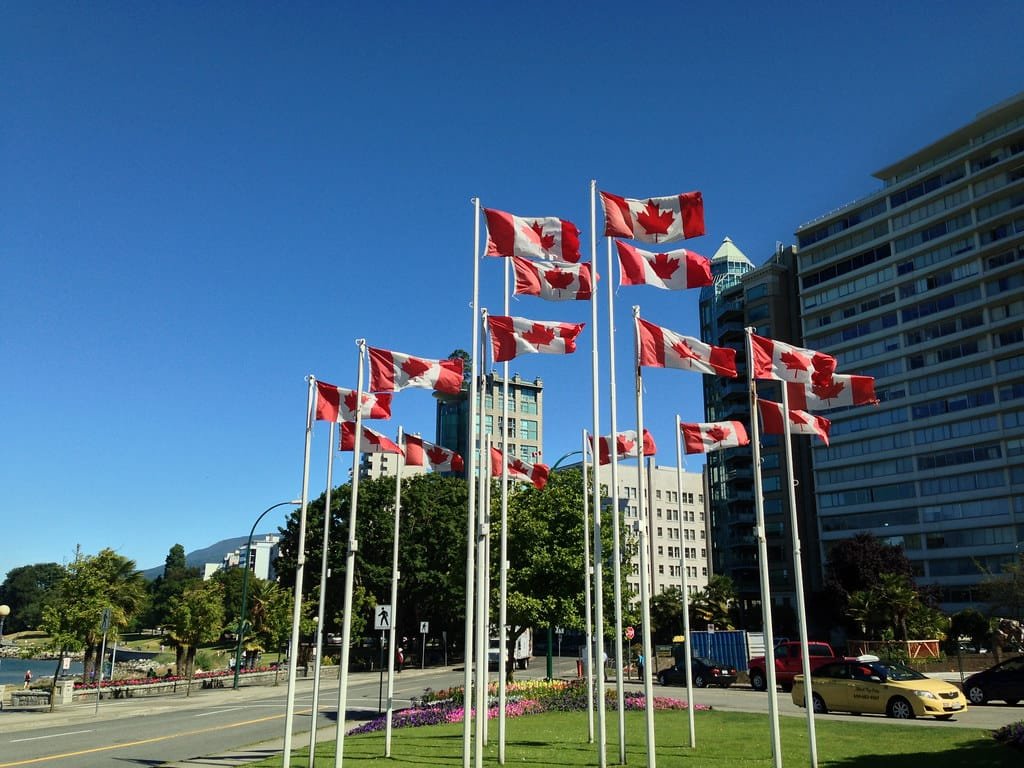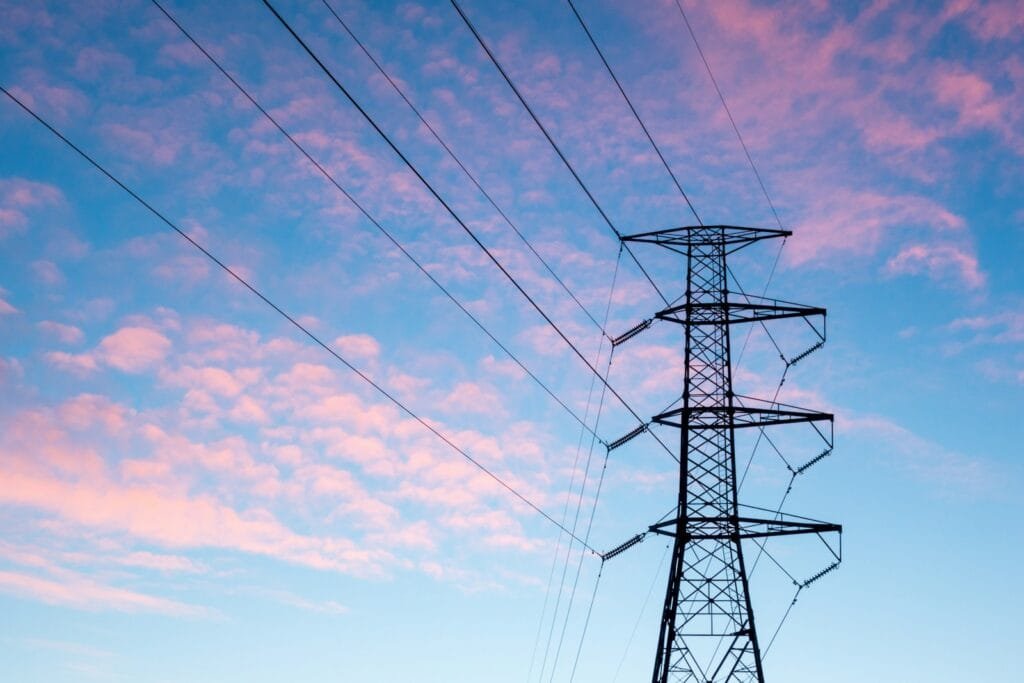Summary
Canada has set a 2035 emissions target that has faced significant criticism, with reports indicating that the decision disregards expert advice and recommendations. This move raises concerns about the country’s commitment to climate action and its alignment with scientific guidance.
Highlights -🌍
- 2035 Target Set – Canada establishes a controversial emissions goal for 2035.
- Criticism Mounts – Experts and environmentalists express discontent with the target.
- Official Advice Ignored – The government reportedly overlooked crucial recommendations.
- Climate Commitment Questioned – Concerns arise about Canada’s dedication to climate goals.
- Public Response – Citizens and activists voice their concerns about the target.
The Canadian government has announced a new target to reduce planet-heating emissions 45-50% from 2005 levels by 2035, despite its official advisors on the Net Zero Advisory Board (NZAB) recommending a 50-55% goal and climate campaigners calling for an 80% cut.
The new target is in addition to an existing goal to cut emissions 40-45% by 2030. Canadian Environment Minister Steven Guilbeault said the 2035 target “keeps us on track to keep the promise to our kids and grandkids that the world we leave behind for them will be safe, sustainable, affordable and prosperous”.
But the NZAB, which the government consulted on the new target, said in a statement on Thursday that “the lower range of the government’s target risks Canada’s ability to stay on track for net-zero emissions”. “Our modelling and analysis showed that targets below 50% will put Canada behind on its legislated objective of net-zero emissions by mid-century,” it added.
The NZAB is made up of nine Canadians, including campaigners, a financier, an electrical engineer, an Indigenous community leader and a climate scientist.
The board warned that “postponing action means requiring even deeper decarbonisation efforts in the future, which could bring higher risks and costs”. “We need a national effort to reach, and ideally surpass, a 50% reduction by 2035 while ensuring climate policies are affordable for Canadians,” it said.
Read the full post at Climate Home News.





